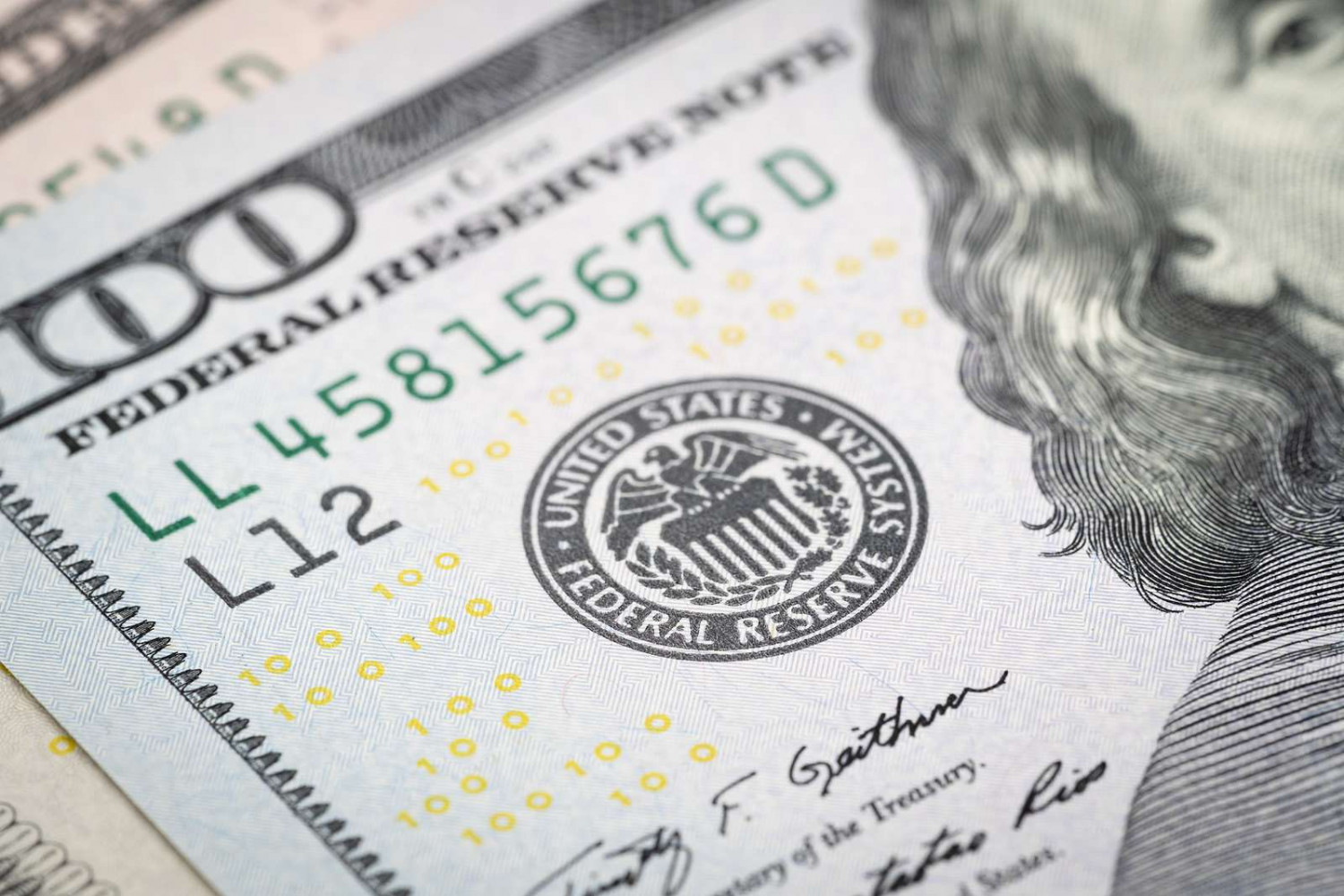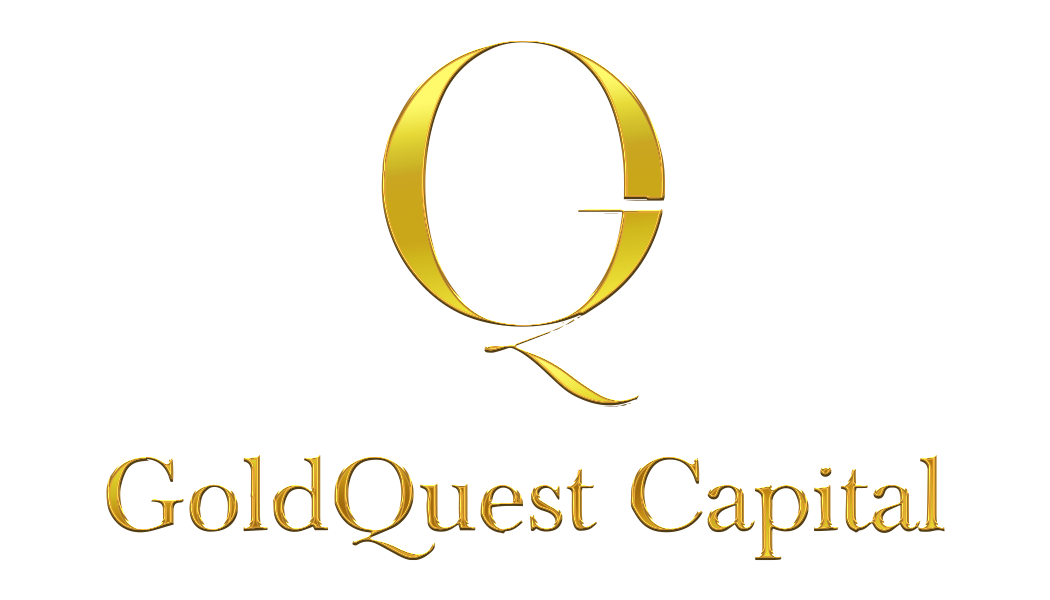

SBA 7(a) Loans
The SBA 7(a) loan is the primary program for providing low-cost financial assistance to small businesses. The program is ideal for businesses wanting to expand, improve cash flow, purchase machinery/equipment, and encourage growth through new acquisitions. Find out whether an SBA 7(a) loan can help your business.
SBA 7(a) Loan Details
- Maximum Loan Amount: Up to $5,000,000
- Interest Rate: Base Rate plus 2.75%
- Terms: Adjustable Rates
- Repayment Terms: Up to 25 years
- First and only lien from GQC
- Turnaround Time: 30-90 days
How do I qualify for an SBA 7(a) loan program?
When it comes to qualifying for an SBA loan the following criteria is the most important requirement when applying to the 7(a) program. To be eligible a small business must be credit worthy and be able to assure repayment.
Borrower Eligibility
- Be a for-profit business located in the United States
- Qualify under the SBA size standards as a small business (varies by industry)
- Not be able to qualify for similar credit elsewhere
- Be a for-profit operating business (except for loans to eligible passive companies and businesses engaged in specific industries, such as insurance companies and financial institutions primarily engaged in lending);
- Not in default of student loans or any federal debt (i.e. tax debt without resolving that debt)
- Meet the character requirements for all owners with 20% or greater ownership, including prohibitions on business owned by individuals with certain types of criminal histories
- Must be owned (51% or more) by a US citizen or lawful permanent resident
SBA 504 Loans
While Small Business Administration (SBA) loans are common solutions for borrowers looking for working capital, what happens when you need a large amount of financing to help cover the costs of real estate or fixed assets? The SBA 504 loan program is where it's at. It offers low interest rate financing to business owners with solid credit scores who qualify. Here's more about this choice of small business loans.
SBA 504 Loan Details
- Maximum Loan Amount: $500,000 - $5,000,000
- Interest Rates: Base Rate Plus 2.75%
- Repayment Terms: 10 or 20 years
- First Lien from GQC, Second Lien from CDC UP 90% LTC for expansion
- Turnaround Time: 30 - 90 days
What is an SBA CDC 504 Loan?
The SBA defines a project that may be funded by a 504 loan as "the purchase or lease, and/or improvement or renovation of long-term fixed assets by a small business, with 504 financing, for use in its business operations." This may include real estate acquisition and expansion projects.
A 504 project has three main partners:
- A Certified Development Company (CDC) provides up to 40% of the financing through a 504 debenture (guaranteed 100% by SBA);
- A third party lender provides 50% or more of the financing;
- The borrower contributes at least 10% of the financing.
The SBA describes the typical structure as follows:
| Standard Financing Structure | New Business OR Limited or Special Purpose Property | Both New and Limited or Special Purpose Property | |
|---|---|---|---|
| Third party lender | 50 | 50 | 50 |
| CDC/SBA | 40 | 35 | 30 |
| Borrower | 10 | 15 | 20 |
In no case can more than 50% of the total project cost come from the Federal sources. The maximum SBA debenture amount is typically $5.5 million though there are a few exceptions (Small Manufacturers and Energy Eligible Public Policy Projects) that permit debentures of up to $5.5 million.
SBA 504 CDC loan requirements
Businesses that apply for an SBA loan must meet a number of requirements, including that they:
- Be a for-profit business located in the U.S.;
- Meet SBA small business size standards for their industry;
- Meet a "credit elsewhere" test which essentially means the business cannot get similar financing elsewhere;
Certain types of businesses are not eligible for these loans, including businesses engaged in legal gambling, pyramid schemes, life insurance companies (though life insurance agents may be eligible), those involved primarily in lobbying or speculative businesses, apartment buildings and mobile home parks and others are generally ineligible.
A background check will be required for all owners with at least 20% ownership and certain criminal records may disqualify the applicant. If an owner has caused a prior loss to the government (an unpaid federal tax lien not in a repayment plan, for example, or a defaulted student loan not in rehabilitation) the application may be rejected. Lenders must use a system called the Credit Alert Verification Reporting System (CAIVRS) to identify delinquent federal debt and/or prior loss.
Financial Requirements
When it comes to a 504 loan application in particular, the lender must evaluate the cash flow of the applicant as the primary source of repayment, and not rely on the liquidation of collateral to evaluate the application. Lenders must review, among other things:
- The pro forma balance sheet which must include the loan proceeds, use of the loan proceeds, and any other adjustments such as required equity injection or stand-by debt.
- A financial analysis of the ability to repay the loan based on historical income statements, tax returns (if the loan is for an existing business) and a minimum of 2 years' projections.
- A ratio analysis of the financial statements including comments on any trends and a comparison with industry averages.
- Description of the owners' and managers' relevant experience in the type of business and any experience the CDC has with that business.
- An analysis of the collateral, including an evaluation of the collateral and lien position offered as well as the liquidation value.
- The applicant's credit history- both personal credit of the owners- and the business credit of the business. There is no minimum credit score required but most lenders have minimum credit score requirements of 650-680 or more. Credit reports are only required for the small business that is applying and owners and affiliates who are guarantors. (Credit reports are not required on non-guarantor affiliates.)
- Other relevant information (for example, if the application involves a franchise, the success of the franchise).
The business must be current on all federal, state and local taxes, including but not limited to income taxes, payroll taxes, real estate taxes and sales taxes.
It's also important to note that individuals who own 20% or more of the business must provide an unlimited full personal guarantee. Spouses may have to sign a guaranty as well if they own at least 5% of the business (and their ownership with their spouse's totals at least 20%). A non-owner spouse, must sign off on appropriate collateral documents.
